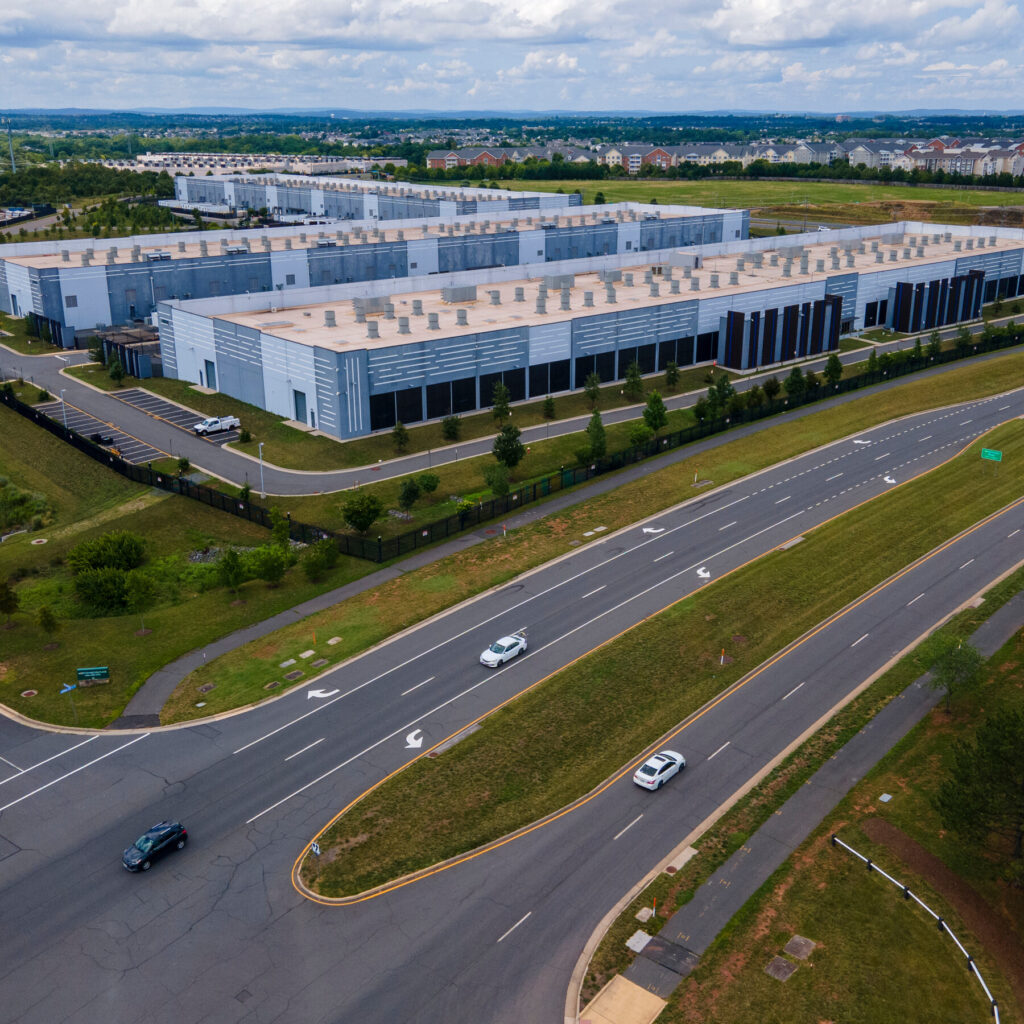Debt Fuels the AI Infrastructure Surge

Companies racing to build the next generation of artificial‑intelligence platforms are turning to a widening array of debt instruments to bankroll their massive spending on compute power, data‑center expansion and specialized chip design. From high‑yield corporate bonds to private‑credit facilities and convertible notes, the financing landscape is becoming as complex as the AI models the money is meant to support.
In the past twelve months, the total amount of debt raised for AI‑related projects has more than doubled, according to data from Bloomberg and Dealogic. Tech giants such as Microsoft, Alphabet and Amazon have tapped the public bond market, issuing multi‑billion‑dollar series with maturities ranging from three to ten years. The proceeds are earmarked for building new hyperscale data centers, securing large‑scale GPU clusters, and investing in custom AI accelerators.
Smaller players are not left behind. Venture‑stage startups that lack the cash flow to issue equity are increasingly relying on venture debt and mezzanine financing. Private‑credit funds, led by firms like Silicon Valley Bank’s successor and Blackstone Credit, are offering term loans and revolving credit lines that carry higher interest rates but give founders the flexibility to avoid further dilution. Convertible senior notes have also become popular, allowing companies to lock in low‑cost borrowing now and potentially convert the debt into equity when their valuations rise.
The surge in AI‑focused borrowing reflects the sheer scale of the infrastructure needed to train modern models. Training a single large language model can consume several megawatt‑hours of electricity and require thousands of high‑end GPUs, translating into capital expenditures that can exceed $10 billion for the biggest players. Debt financing provides a way to spread these costs over time, matching the long‑term revenue streams that AI services are expected to generate.
However, analysts caution that the debt boom carries risks. Rising interest rates could increase borrowing costs at a time when many AI firms are still operating at a loss. Credit rating agencies have begun to scrutinize the leverage ratios of AI‑heavy companies, and some investors are demanding tighter covenants to protect against potential defaults. Moreover, the rapid pace of technological change means that today’s cutting‑edge hardware could become obsolete within a few years, leaving borrowers with stranded assets.
Despite the concerns, the appetite for AI‑linked debt remains robust. A recent survey by PwC found that 68 % of institutional investors plan to allocate more of their fixed‑income portfolios to technology‑driven projects over the next two years, citing strong growth prospects and the strategic importance of AI in the broader economy.
As the race to dominate the AI frontier intensifies, debt is set to play an increasingly pivotal role in shaping which firms can afford the massive infrastructure required to stay ahead. Whether this financing surge will translate into sustainable profits or become a liability in a tightening credit environment will be a key storyline to watch in the coming months.







Bu haber çok ilginç. Yapay zeka için bu kadar büyük borçlanma yapılması gelecekte bir darboğaz yaratabilir mi?